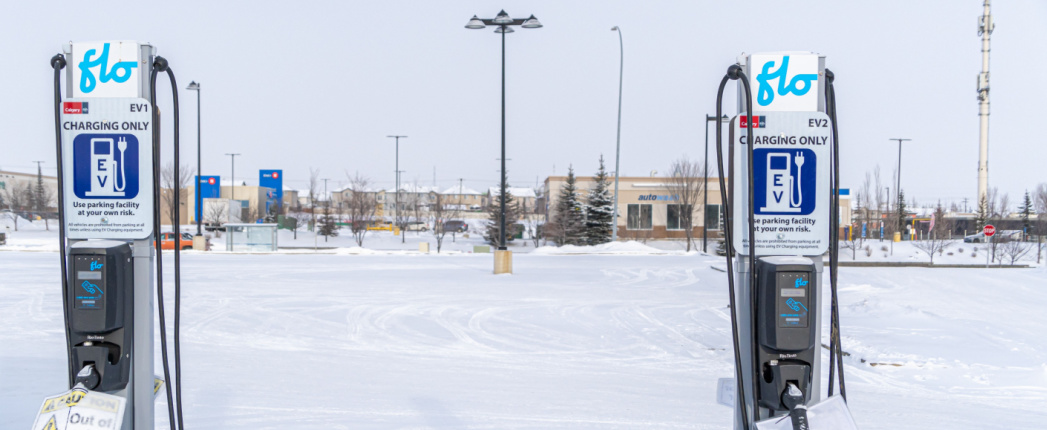
Canada’s Environment Ministry last month proposed an ambitious schedule of mandates for car makers to quickly increase the portion of their sales that are electric vehicles.
Contending that Canadians want clean vehicles and clean air, Environment Minister Steven Guilbeault proposed that plug-in hybrids and pure battery-powered models be required to account for at least 20% of sales by 2026 and 100% of new cars by 2035.
Meeting those targets would require a rapid ramp-up by automakers, and the proposal would for the first time attach penalties at the national level for companies that do not meet them.
A big increase in the country’s EV population would reduce Canada’s lubricant demand, since electric motors do not use engine oil, the largest lubricant product category. EVs do use new types of products, such as battery coolants and lubricants that tolerate high electrical charges.
Guilbeault is part the administration of President Justin Trudeau, who is a member of Canada’s Liberal Party and has vowed to lead Canada in quickly cutting its greenhouse gas emissions. Guilbeault’s Dec. 21 announcement noted that passenger cars currently account for half of the country’s greenhouse gas emissions from on-road transportation and 10% of its total emissions of those chemicals.
Canada has had policies encouraging purchases of EVs but no national mandates, although some provinces do mandate certain sales levels. Guilbeault said regulations with teeth are necessary to accelerate the uptake of EVs. His proposal would require every carmaker selling vehicles in Canada to ensure that BEVs and PHEVs account for at least a minimum percentage of nationwide sales. After 20% in 2026, the threshold would rise to 60% in 2030, and all new cars would need to be electric by 2040.
Zero emission vehicles – which include other alternatives to internal combustion engines but are mostly EVs – accounted for 7.2% of new light-duty vehicle sales during the first half of 2022, the Environment Ministry said, up from 5.2% in 2021 and 2.9% in 2019. The percentages are significantly higher in British Columbia (15%) and Quebec (11.4%), provinces that already mandate their own thresholds, but other provinces are at 6% or less.
The Environment Ministry said the schedule it proposed is similar to that adopted by California, which 12 other United States states have resolved to follow.
The Canadian proposal is now in a 75-day public comment period, after which the Trudeau administration will consider adopting it.